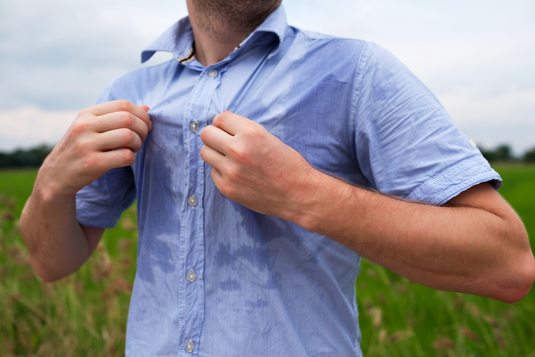Until recently, few people had heard of candidiasis. In the late 1990s, however, this diagnosis began to spread from alternative to conventional medicine. In reality, however, few cases of candida overgrowth are strictly related to these dimorphic fungi that grow like yeast. Candida itself is harmless. In fact, we can't maintain the health of our intestinal tract without them, and they help protect us by consuming leftover junk food and toxins. In the process, they help reduce the amount of food available to the truly harmful pathogens that would otherwise feed on these scraps.
In other words, the Candida fungus deliberately consumes food waste and poisons to prevent harmful microorganisms such as Escherichia coli, Clostridium difficile, and Streptococcus from feeding on them and multiplying. Candidiasis can also occur simultaneously with diseases such as Lyme disease , herpes zoster , Epstein-Barr virus , herpes simplex , diabetes , etc. Thus, a large buildup of these yeasts can serve as a warning sign that something else in your body needs attention, but candida is often the scapegoat. For example, a vaginal strep infection may go unnoticed by doctors, while yeast, which is also present, is blamed for the patient's symptoms. Once you put an end to the underlying problem, Candida levels will naturally return to normal.
Fats vs. Fruits
If you've been diagnosed with candida overgrowth, chances are you've been advised to eliminate all processed foods from your diet, avoid sugar at all costs (including fruit), and eat a high-protein, high-fat diet. While it is indeed extremely important to avoid processed foods containing sugar, such as doughnuts, cakes, cookies, candies, popcorn, pastries, croissants, rolls and baguettes, strict avoidance of fruit is also unjustified. Candida does not feed on sugar unless it is from grains such as corn or wheat, and it does not feed on natural fruit sugar.
It is important to note that the natural fructose in fruit is associated with beneficial compounds including antioxidants, minerals, phytochemicals and even cancer-killing micronutrients that help kill pathogenic microorganisms such as streptococci , Escherichia coli, Clostridium difficile, staphylococci and viruses. which are probably responsible for the elevated Candida levels ( again – elevated Candida levels are actually a defense mechanism designed to prevent these pathogens from multiplying ). This is exactly why fruits are your secret weapon against candida, because they are your secret weapon against "broad spectrum" pathogens!
If you're still afraid of fruit, keep in mind that the sugars in fruit leave your stomach in about three to six minutes and the sugar doesn't reach the intestinal tract. What reaches the intestinal tract is the peel, pulp, and fiber in the fruit, which actually help clear the gut of diseases like small intestinal bacterial overgrowth (SIBO) and other pathogenic conditions. ( To learn everything Anthony William reveals about the unfounded fear of fruit, read The Truth About Fruit . ) Unlike fruit, other forms of processed sugar—refined cane sugar, beet sugar, agave nectar, corn syrup etc. – feed candida and other pathogens, so you really need to avoid them.
Another misconception about candida is the belief that a high-protein, high-fat diet kills candida cells, but in reality, both protein and fat feed this fungus! Even if your symptoms improve initially, this approach can eventually backfire, as excess protein and fat in the gut is a breeding ground for bacteria, cancer cells, viruses, etc., which can cause overgrowth of candida as your body tries to fight these things off. So the best approach is to eat a lower-fat diet that includes fruits and their pathogen-killing nutrients. It's not that healthy fats (such as avocados, nuts, seeds) are bad for us, it's just that it's best to control our fat intake.
This is true regardless of the type of diet you follow. For example, if you're eating a vegan diet, reduce the amount of fat you get from nuts, nut tahini, seeds, oils, and avocados. If you are a lacto or ovo-vegetarian, cut back on eggs or dairy, etc. accordingly. If your diet includes animal products, reduce to one serving of meat per day, as even lean animal protein contains some fat. In addition to cutting back on fat and including fruit, it's important to eat enough green leafy vegetables, such as spinach, lettuce and arugula, and avoid processed foods and grains.
While these recommendations may go against everything you've heard about candida, if you're one of the many who have endured restrictive diets, denying yourself the luxury of even a small handful of blueberries—without experiencing any symptom relief—it may be time to try something new.








